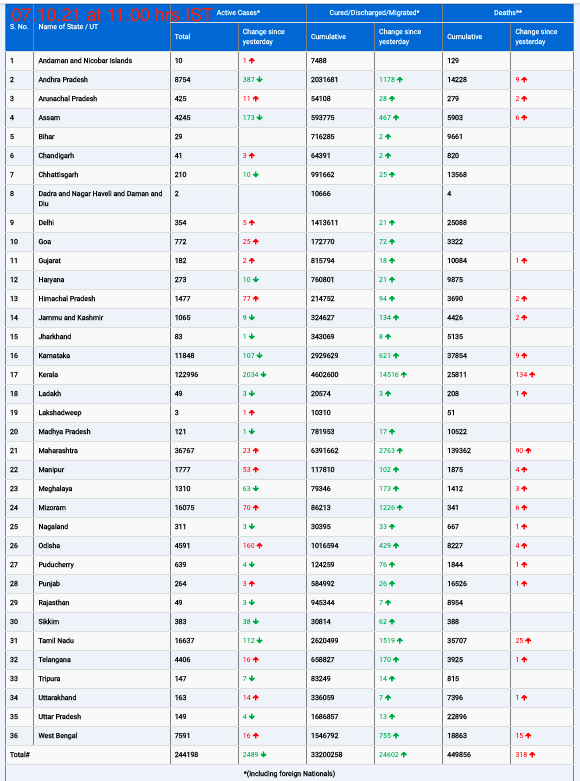A groundbreaking study published in Nature Medicine, using data from Fitbit users, reveals critical insights into how sleep duration, quality, and consistency impact long-term health.
A good night’s sleep is universally acknowledged as essential, but the nuanced daily variations in sleep duration and quality are often underestimated in their influence on overall health. This extensive study, a collaboration between researchers at Vanderbilt University Medical Center, the NIH’s All of Us Research Program, and Google, delves into these intricacies. It marks the largest study of its kind, leveraging nearly 6.5 million nights of sleep data from over 6,700 Fitbit users, collected over an average of 4.5 years.
Key Findings on Sleep and Health:
- Sleep Duration: The study found that every additional hour of sleep significantly lowered the odds of developing conditions like obesity and sleep apnea. Both insufficient and excessive sleep were linked to various health issues, underscoring the importance of balanced sleep duration.
- Sleep Stages: Fitbit data highlighted the crucial roles of REM, light, and deep sleep in heart health and mental well-being. The balance among these sleep stages appears to be pivotal for overall health.
- Restless Sleep: Increased restlessness, as measured by Fitbit, was associated with a higher likelihood of sleep disorders and hypothyroidism, pointing to the adverse effects of disturbed sleep patterns.
- Sleep Irregularity: Inconsistent sleep patterns were tied to a broad spectrum of health issues affecting nearly every organ system. Significant associations were found between sleep irregularity and conditions such as high blood pressure, obesity, psychiatric disorders (including depression, anxiety, and bipolar disorder), and migraine headaches.
- Demographic Differences: The study uncovered notable differences in median sleep duration across demographics. For instance, women generally slept longer than men, and White participants slept longer than Black participants. These findings emphasize the importance of considering individual factors and potential health disparities in sleep research and promotion.
- Lifestyle Factors: Lifestyle choices such as smoking and alcohol consumption were linked to variations in sleep duration, highlighting the interconnectedness of health behaviors and the necessity of addressing multiple lifestyle factors to improve sleep and overall well-being.
Additionally, the study provided an intriguing look into typical sleep patterns. Participants usually fell asleep around 11:10 pm and averaged 6.7 hours of sleep per night. Many participants also incorporated afternoon naps, typically around 2:30 pm.
While the study does not advocate for Fitbit sleep data as a clinical tool, it suggests that insights from cost-effective sleep monitors and wearables can benefit researchers. These devices offer valuable data for studying how changes in sleep patterns over time may affect population health on a large scale.
Conclusion: This landmark study reinforces that consistent sleep is just as crucial as the quantity of sleep. By understanding and addressing sleep patterns, researchers and healthcare providers can better promote overall health and well-being.
This comprehensive analysis not only underscores the importance of sleep but also highlights the potential of wearable technology in advancing health research. By examining the intricate connections between sleep and health, this study sets the stage for future investigations and interventions aimed at improving public health.











